How Swiss migration policy could be a template for Europe
Switzerland eschews a one-size-fits-all approach to migration and gives cantons leeway to decide how to implement policy. With a study revealing that some cantons enact more restrictive migration laws than others, Gianni D’Amato, director of the Swiss Forum for Migration and Population Studies, suggests Europe could learn from the Swiss system.
Subtle differences can have serious consequences. The Swiss Forum for Migration and Population StudiesExternal link has published a studyExternal link examining the diverse practices of the cantons, which apply Swiss migration policy differently. The research covers integration, discrimination protections, asylum, admission and naturalisation.
swissinfo.ch interviewed one of the authors of the study, Gianni D’AmatoExternal link, professor of migration and citizenship studies at the University of Neuchâtel.
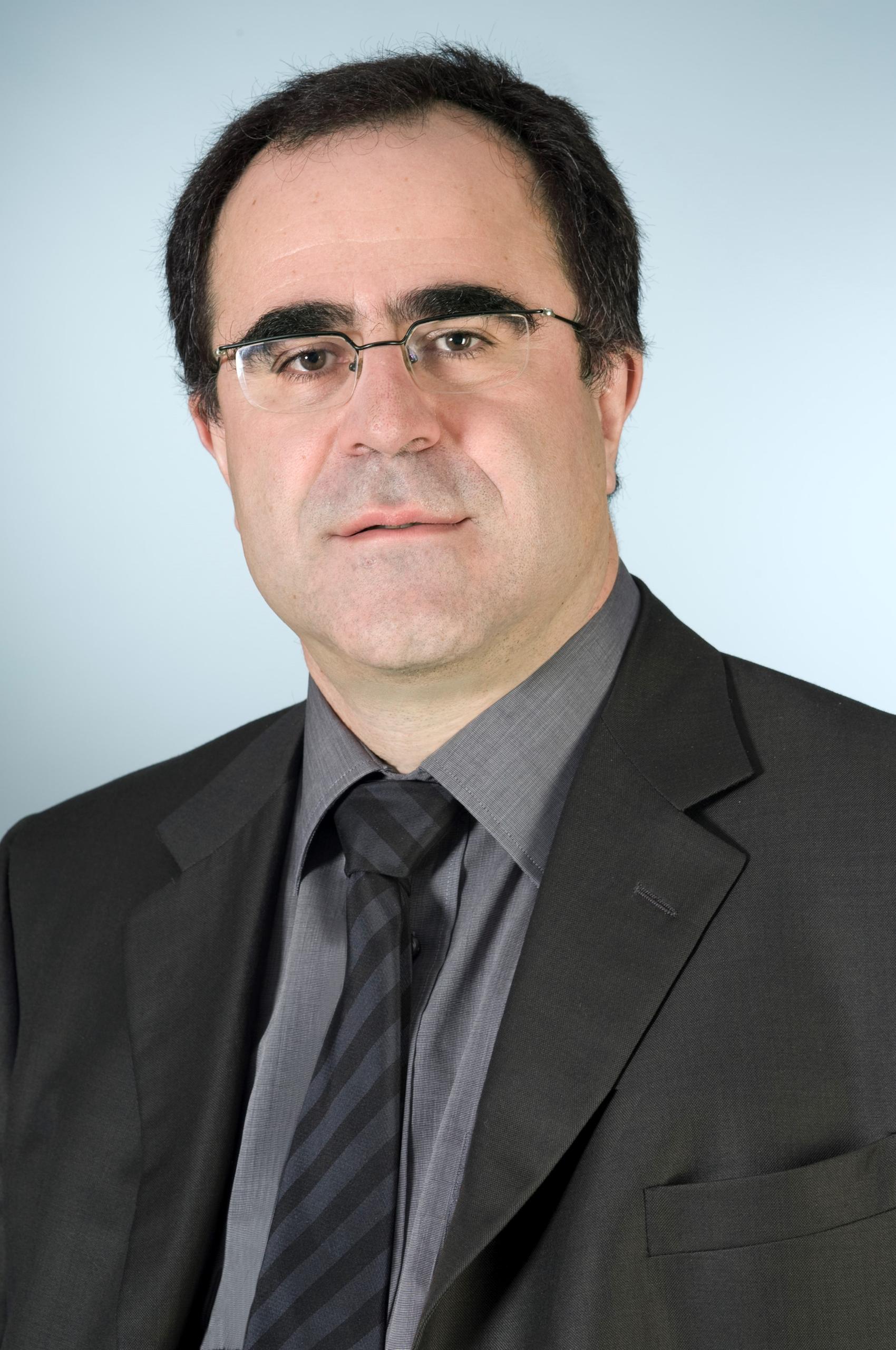
swissinfo.ch.: Which factors influence whether a canton applies a more liberal or more restrictive migration policy?
Gianni D’Amato: The demographic composition plays an important role. The more urban the canton and the higher the rate of immigration, bi-national marriages or naturalisation, the more the practices are inclusive. Unsurprisingly, the political orientation of the various political bodies also has an influence. The more the politicians are to the left or centre-left, the more liberally the law is applied.
More surprising, we found that the stronger a canton is economically, the less exclusive its migration policy is. We can explain that by the fact that the cantons which have higher unemployment rates or levels of people receiving social benefits already have structures which favour an inclusive policy.
However, the linguistic environment does not directly influence the migration policy, as one might have expected.
swissinfo.ch: Does that mean that an asylum-seeker could be accepted by one canton but refused by another?
G.D’A.: Yes. In certain cantons one has a greater chance of realising one’s life plan than in others. If there is a desire for harmonisation, there remains room to manoeuvre that can have consequences for people. It must nonetheless be underlined that the justice system acts as a form of control. The cantonal administrations interpret the laws, knowing there will be feedback from the courts. They are sometimes aware that their interpretation of the law could be borderline, but they rely on judicial correction.
swissinfo.ch: European countries are struggling to reach an agreement on the distribution of migrants. When it comes to migration, is it difficult to put a common policy in place?
G.D’A.: The Swiss policy is to get the migrants into centres as quickly as possible, then to quickly distribute among the cantons those who have the right to stay in Switzerland. Somehow transferring this policy to the European level would be the solution, but for the moment it doesn’t work. Some states have a minimal willingness to do something, while many others are doing nothing. For three years they have been debating an agreement without success; they have not yet found the solution for a common policy.
swissinfo.ch: Do the discussions held in early October under the auspices of France and Germany have a chance of delivering an agreement?
G.D’A.: I don’t believe so. The situation is blocked. There won’t be a common understanding. Now we’ll have to see if a group of some states is able to influence the others.
swissinfo.ch: Does the Turkish offensive against the Kurds in northeast Syria risk provoking a new migratory crisis in Europe?
G.D’A.: The Turkish president, Recep Tayyip Erdogan, has threatened to send 3.6 million refugees currently living in Turkey to Europe, in response to European criticism of his offensive in northeast Syria. The enactment of that threat could, in effect, lead to a difficult situation, first in Greece and then on the Balkan route.
swissinfo.ch: Should Switzerland prepare itself for increased asylum demands?
G.D’A.: The 2015 migration crisis barely affected Switzerland. Demands for asylum increase in Switzerland if the refugees come from Italy; the other routes have less of an impact. But nothing can be excluded.
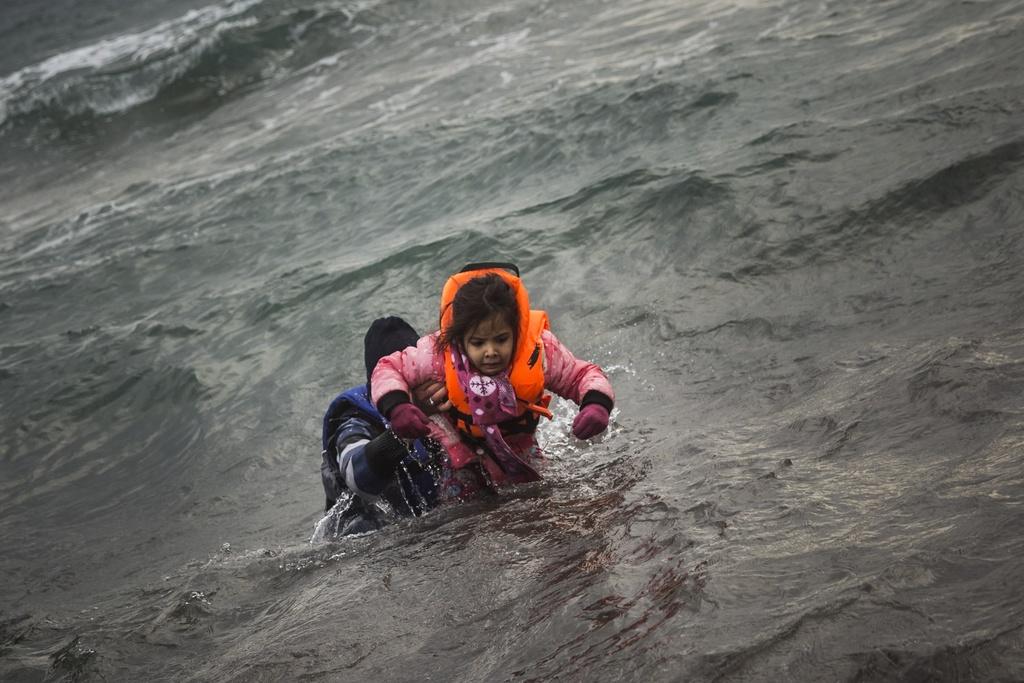
More
‘We haven’t yet learned from the 2015 refugee crisis’
Translated from French by Sophie Douez

In compliance with the JTI standards
More: SWI swissinfo.ch certified by the Journalism Trust Initiative









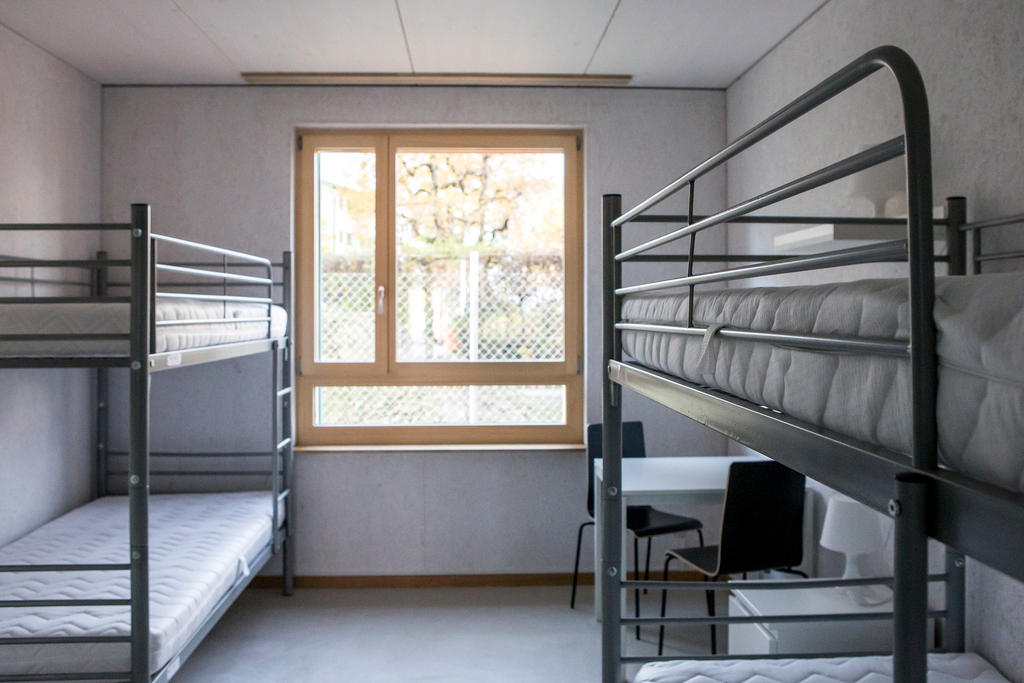


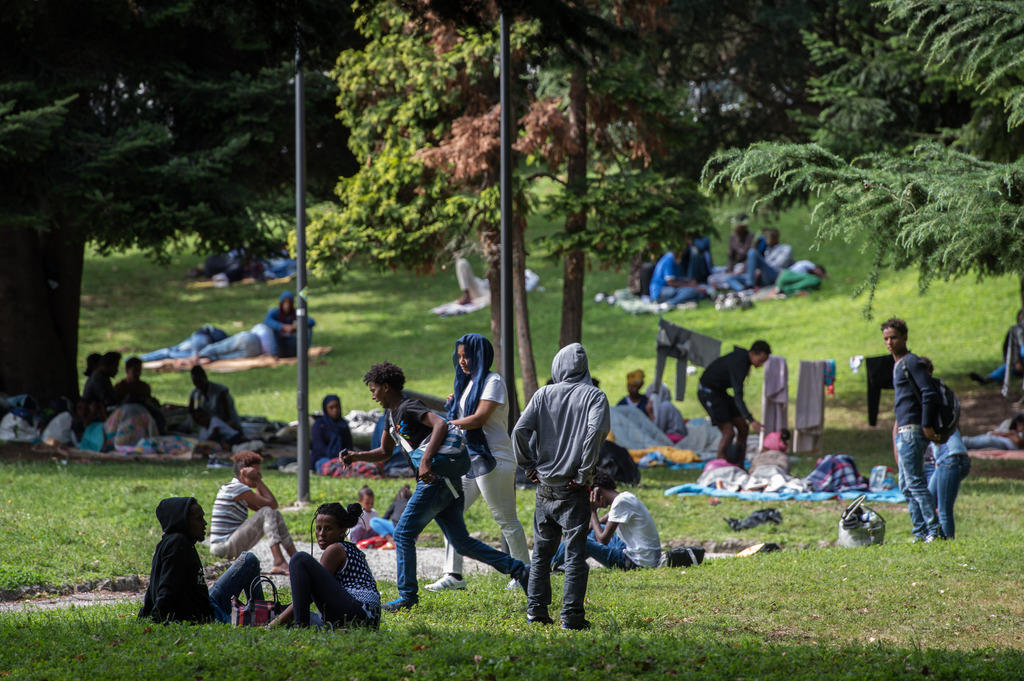
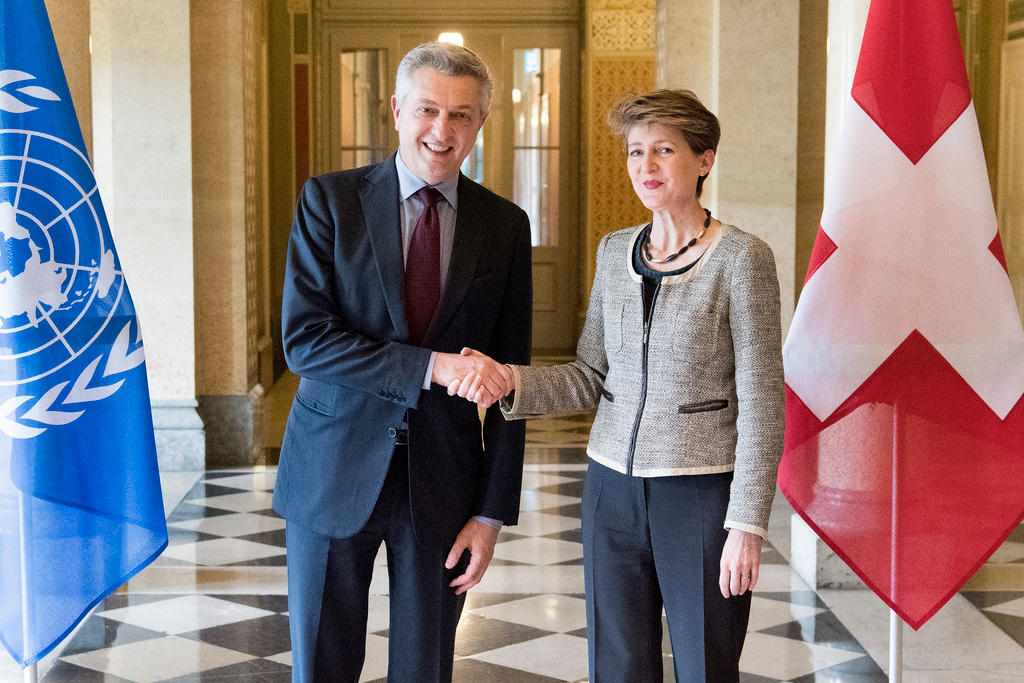
You can find an overview of ongoing debates with our journalists here . Please join us!
If you want to start a conversation about a topic raised in this article or want to report factual errors, email us at english@swissinfo.ch.